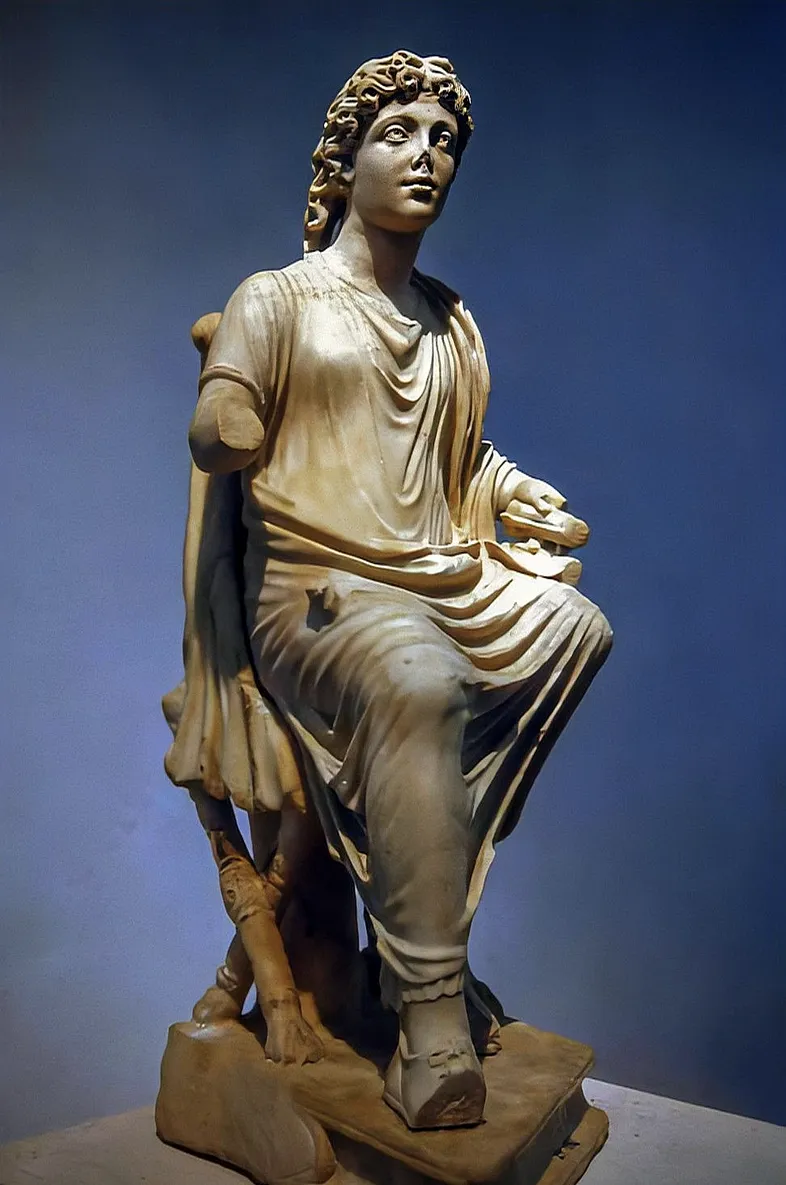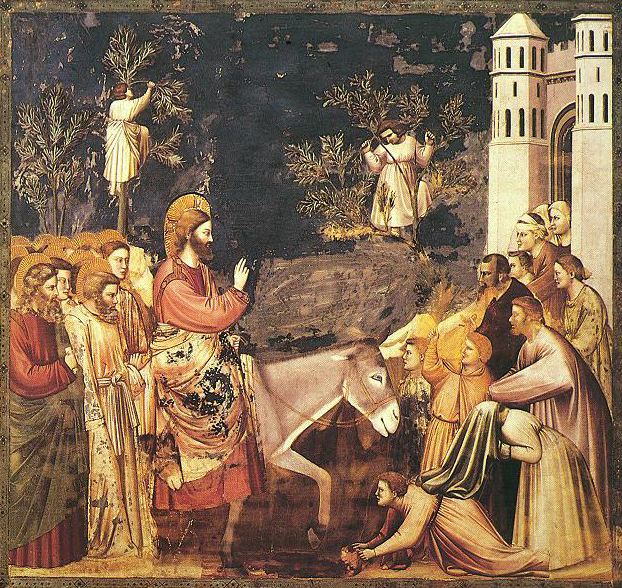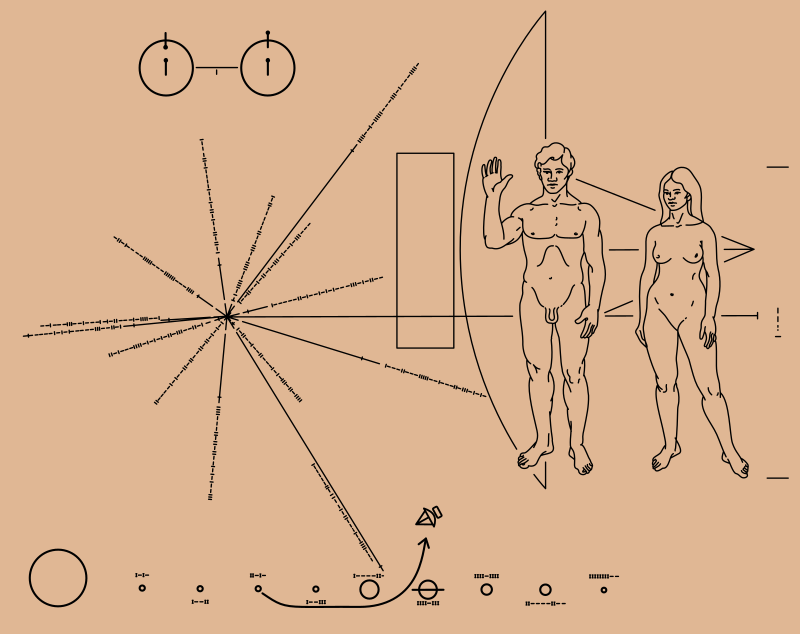 |
| Nås, not Jerusalem |
“Jerusalem”
is a Swedish drama series in four parts from 1997, directed by Bille August.
Among the many actors, Max von Sydow and Sven-Bertil Taube are perhaps most well-known.
Most of the dialogue is in Swedish. American actress Olympia Dukakis stars the
Christian cult leader “Mother”. In real life, Dukakis was apparently a Goddess-worshipping
pagan feminist! And yes, she only speaks English.
The TV
series is based on famous Swedish writer Selma Lagerlöf´s two-volume novel “Jerusalem”,
originally published in 1901-1902. The novel is in turn based on real events in
1896, when 37 people from the small village of Nås in Dalarna (Dalecarlia) left
Sweden and journeyed to Jerusalem, where they joined the so-called American
Colony, really an authoritarian religious commune. This somewhat peculiar
emigration has become part of the local folklore at Nås, where a theatre play
based on Lagerlöf´s novel is still staged once a year.
In the
novel and the TV series, the preacher who turns the heads of the Nås peasants
is named Hellgum. At least in the TV series, Hellgum is depicted as a fiery
charismatic who skillfully manipulates the villagers into joining his cult. (I
don´t remember how he is depicted in the novel, since I only read it once,
about 30 years ago!) In Jerusalem, the Hellgumites join forces with another
cult, simply called the Colony, led by Miss Gordon (Mother). Both Hellgum and Gordon
are based on real people. Hellgum´s real name was Olof Henrik Larsson, a
returning Swedish expat from the United States. The Larssonites are sometimes
dubbed “Sweden´s smallest revivalist movement”. Gordon´s real name was Anna Spafford,
a Norwegian-American with a background in Christian pyramidology. An intriguing
detail is that Spafford actually purged Larsson once the latter had joined her
in the Holy Land with his Swedish faithful. Larsson was demoted to an insignificant
position within the Colony, and died under wretched circumstances. In the TV series,
Hellgum gets second thoughts about the move to Jerusalem and wants to travel
back to Sweden with his flock, and then “purges” himself by simply absconding
when his brain-washed followers prefer to stay in Mother´s authoritarian sect!
“Jerusalem”
isn´t just a story about a revival gone dangerously wrong, but also contains a
number of other plot elements. How much of these are true, I don´t know. The
main characters aren´t really Hellgum and Miss Gordon, but the farmer and
saw-mill owner Ingmar and his on-off love interest Gertrud. Ingmar´s sister
Karin is also important. Both Gertrud and Karin joins the cult. As a
counterpoint to the crazy revival and its contretemps in Jerusalem stands Ingmarsgården
(the Ingmar Farm) back at Nås, presumably a symbol of stability and tradition,
since the farm is said to have been in the possession of the Ingmar family since
time immemorial, every male head of the family being named “Ingmar”. The
Ingmars are depicted as the local strongmen in the community. For various reasons,
the current Ingmar loses control of the family farm, and his attempts to regain
possession forms a kind of intertwined parallel plot to Hellgum´s rabble-rousing.
Perhaps the revival represents the “new” or “modern”, while Ingmar stands for
the old way? In the novel, the various storylines are even more complex than in
the TV series.
What
strikes me most in the TV series is its negative depiction of religion, except –
somewhat ironically – the Lutheranism of the Swedish establishment. Ingmar is
depicted as a near-atheist skeptic and rationalist. The local priest and the schoolmaster represent common sense and civic virtue. All other religious types are dangerous
firebrands (Hellgum), authoritarian cultists (Mother), gullible and emotional
(Gertrud), fanatics (Karin) or easily led (Karin´s husband). Jerusalem turns
out to be filled with eponymous madness. The increasingly delusional Gertrud
mistakes a bizarre Dervish sect for Jesus and his disciples, and is attacked by
fanaticized Russian pilgrims when she by mistake aborts one of their penances.
Order is restored when Ingmar unexpectedly shows up in Jerusalem, deprograms
Gertrud and forces Mother to let her return to Sweden. At the very end, the Lutheran
priest baptizes skeptic Ingmar´s newly born son (of course also named Ingmar),
while Karin remains behind at the Colony in Jerusalem, fervently thanking God
for deliverance while surrounded by the graves of dead Swedish emigrants at a
cemetery, including her husband and little daughter…
I would
like to say that we are wiser today, 127 years later, but alas, we are not. We
simply live out different delusions to those of the Nås Jerusalem-farers.
Jerusalem Madness has been replaced by Clown World.






.jpg/1024px-Propaganda_of_North_Korea_(6073884618).jpg)

.jpg/388px-Saturn_-_April_25_2016_(46435379305).jpg)

















_Flock_gathered_near_carcass_Photograph_by_Shantanu_Kuveskar.jpg)
















.jpg/440px-Falcon_Heavy_Demo_Mission_(39337245145).jpg)
_-_Montreal_Museum_of_Fine_Arts_-_Montreal%2C_Canada_-_DSC09349.jpg/1024px-Biedermeier_sofa%2C_Austria%2C_c._1815-1825%2C_mahogany%2C_upholstery_(not_original)_-_Montreal_Museum_of_Fine_Arts_-_Montreal%2C_Canada_-_DSC09349.jpg)


